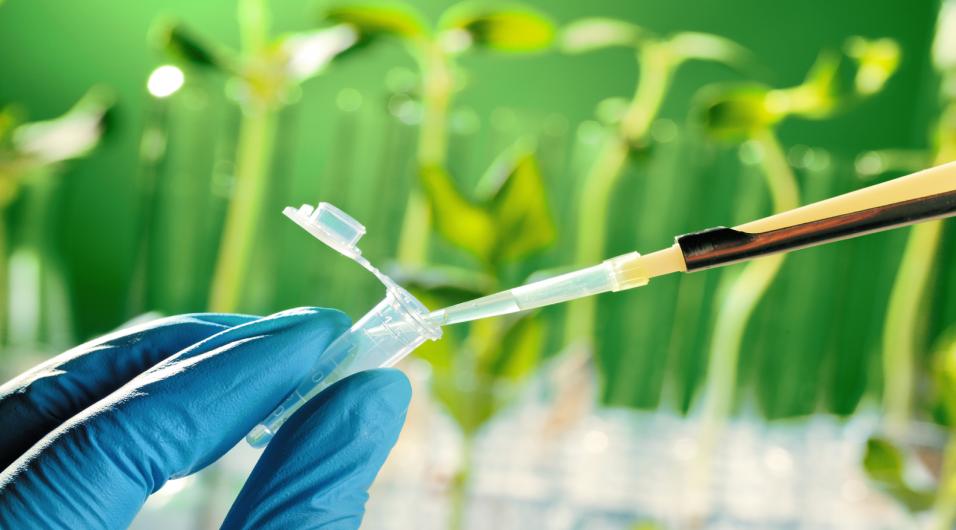
DNA modification of plant
Genetic modification of plants has revolutionized the agricultural industry by introducing new techniques to enhance crop characteristics. This essay will explore the various genetic modification techniques used in plants, the benefits associated with these modifications, as well as the concerns and controversies surrounding this practice.
Genetic modification in plants involves altering the genetic makeup of crops to introduce specific traits or characteristics. Traditional breeding methods, which rely on the natural exchange of genetic material between plants, often have limitations in terms of precision and efficiency. In contrast, genetic modification techniques such as gene editing and transgenic technology allow scientists to directly insert or modify genes to achieve desired traits.
For example, gene editing tools like CRISPR-Cas9 enable precise modifications at the DNA level, offering a level of control that is not possible with traditional breeding methods. These advancements have significantly accelerated the breeding process, leading to the development of crops with improved traits such as increased yield, enhanced nutritional content, and resistance to pests and diseases.
The Benefits of genetic modification
The benefits of genetic modification in plants are manifold. One of the key advantages is the potential for increased crop yield and quality. By introducing traits that enhance productivity and resilience, genetically modified crops can help address food security challenges in a growing global population. Furthermore, genetic modification can confer plants with enhanced resistance to pests, diseases, and environmental stressors, reducing the need for chemical pesticides and promoting sustainable agricultural practices.
Additionally, genetic modification allows for biofortification, a process that enhances the nutritional content of crops by increasing levels of essential vitamins and minerals. For instance, genetically modified rice enriched with vitamin A has the potential to combat micronutrient deficiencies in regions where rice is a staple food.
Despite the numerous benefits associated with genetic modification of plants, this practice is not without its share of concerns and controversies. One major concern is the potential risks to human health and the environment. Critics argue that genetically modified crops may pose unknown health risks to consumers or have unintended environmental consequences, such as the development of superweeds or harm to non-target organisms.
Ethical conserdations GMO
Ethical considerations also come into play, with debates surrounding the ownership of genetic resources, the rights of farmers, and the implications of patenting genetically modified seeds. Additionally, consumer acceptance of genetically modified products and the issue of labeling transparency have been subject to heated debates, reflecting the divide between proponents and opponents of genetic modification.
Conclusion
In conclusion, genetic modification of plants offers a powerful tool for improving crop traits and addressing agricultural challenges. While the benefits of genetic modification are significant, it is crucial to address the concerns and controversies surrounding this practice through rigorous scientific evaluation, transparent communication, and ethical considerations. By striking a balance between innovation and caution, genetic modification has the potential to pave the way for a more sustainable and food-secure future.







